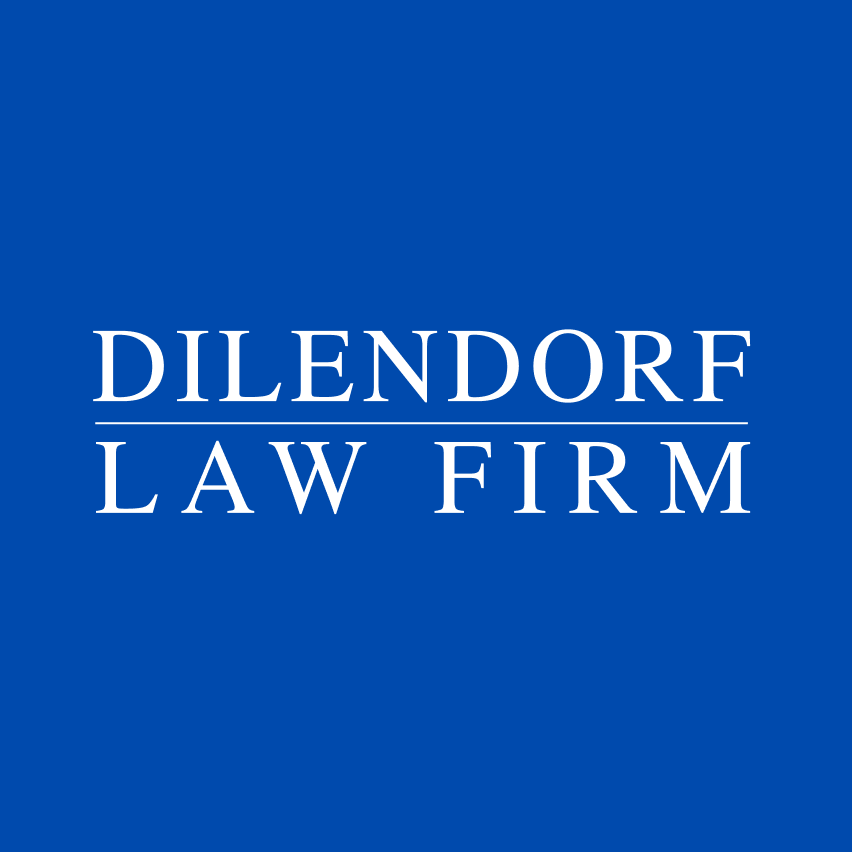
Asset Protection Lawyers | Dilendorf Law Firm
New York, NY — Dilendorf Law Firm, headquartered in New York, is at the forefront of delivering comprehensive asset protection and estate planning services. In a jurisdiction where the absence of state-specific domestic asset protection statutes presents unique challenges, the firm emphasizes the need for New Yorkers to explore alternative avenues for safeguarding their assets.
New York residents encounter distinctive hurdles when it comes to preserving their assets, primarily because of the absence of a dedicated domestic asset protection statute.
This regulatory gap can potentially leave assets more exposed to legal disputes and creditor claims. While the United States provides favorable conditions for non-U.S. residents, American citizens, including those in New York, may not enjoy equivalent benefits.
To ensure the robust protection of assets and effective estate planning, New York residents are encouraged to explore alternative avenues, including offshore options. While 19 U.S. states have established Domestic Asset Protection Trusts (DAPT) to offer asset protection to their residents, individuals residing in states like New York without DAPT provisions must be aware of vulnerabilities if they choose to establish a trust in a DAPT state.
In such cases, creditors may find it comparatively straightforward to challenge the legal structure of these trusts.
Drawing from their extensive professional experience, the attorneys at Dilendorf Law Firm observed that high-risk professionals often opt for DAPT asset and estate planning trusts.
However, it is crucial to recognize the fundamental principle of “full faith and credit,” originating from Article IV, Section I of the Constitution. This principle requires that state courts respect the laws and judgments of courts from other states, aiming to prevent conflicts among states and ensure the reliability of judgments nationwide.
Notably, New York lacks DAPT statutes. In situations where, for example, a doctor or real estate developer becomes entangled in a tort case in New York while holding a DAPT trust in a jurisdiction like Wyoming or Nevada, creditors may find substantial grounds to assert claims against the assets held within the DAPT trust.
The enforcement of an out-of-state judgment typically involves a “conflict of law” analysis in the enforcing state, which is often a DAPT state. Notably, Section 10 of the new Uniform Voidable Transactions Act, already adopted by 20 states, specifies that the debtor’s home state law applies, not the DAPT jurisdiction.
In the case of a DAPT state, if the only connection to that state is the existence of a trust where an individual serves as both the beneficiary and grantor, the judge may look beyond the trust’s physical location. When determining the enforceability of the judgment, the judge is likely to apply the law of the state where the tort occurred.
As a result, DAPT trusts may not consistently serve as an effective asset protection and estate planning tool for high-risk professionals residing in New York.
Another significant development to consider is the Corporate Transparency Act (CTA), scheduled to become effective on January 1, 2024. This act will bring substantial changes to corporate reporting requirements in the United States.
It will require millions of companies and trusts to disclose information about their beneficial owners, individuals who hold ultimate ownership or control over the entity. This increased transparency may have implications for privacy, particularly for entities like LLCs, trusts, and corporations.
In summary, while DAPT asset protection structures offer valuable benefits to residents of DAPT states and non-U.S. residents, they may not provide the same level of protection for New Yorkers. For individuals seeking comprehensive asset protection solutions, exploring offshore options could prove highly effective.
For more information or to schedule a consultation, please visit Dilendorf Law Firm’s Website or get in touch with us via email at info@dilendorf.com or by phone at 212.457.9797.
Dilendorf Law Firm, PLLC
85 Broad Street
New York, NY 10004
[Attorney Advertising]
Tags:
CE, PR-Wirein, IPS, Extended Distribution, iCN Internal Distribution, Google News, Reportedtimes, Go Media, BNN, Go Media2, Legal Newswire, English

